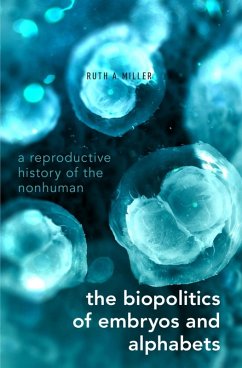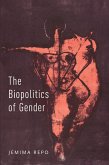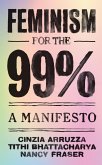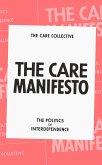Biopolitics and posthumanism have been pass? theories in the academy for a while now, standing on the unfashionable side of the fault line between biology and liberal thought. These days, if people invoke them, they do so a bit apologetically. But, as Ruth Miller argues, we should not be so quick to relegate these terms to the scholarly dustbin. This is because they can help to explain an increasingly important (and contested) influence in modern democratic politics-that of nostalgia. Nostalgia is another somewhat embarrassing concept for the academy. It is that wistful sense of longing for an imaginary and unitary past that leads to an impossible future. And, moreover for this book, it is ordinarily considered "bad" for democracy. But, again, Miller says, not so fast. As she argues in this book, nostalgia is the mode of engagement with the world that allows thought and life to coexist, productively, within democratic politics. Miller demonstrates her theory by looking at nostalgia as a nonhuman mode of "thought" embedded in biopolitical reproduction. To put this another way, she looks at mass democracy as a classically nonhuman affair and nostalgic, nonhuman reproduction as the political activity that makes this democracy happen. To illustrate, Miller draws on the politics surrounding embryos and the modernization of the Turkish alphabet. Situating this argument in feminist theories of biopolitics, this unusual and erudite book demonstrates that nostalgia is not as detrimental to democratic engagement as scholars have claimed.
Dieser Download kann aus rechtlichen Gründen nur mit Rechnungsadresse in A, B, BG, CY, CZ, D, DK, EW, E, FIN, F, GR, HR, H, IRL, I, LT, L, LR, M, NL, PL, P, R, S, SLO, SK ausgeliefert werden.









